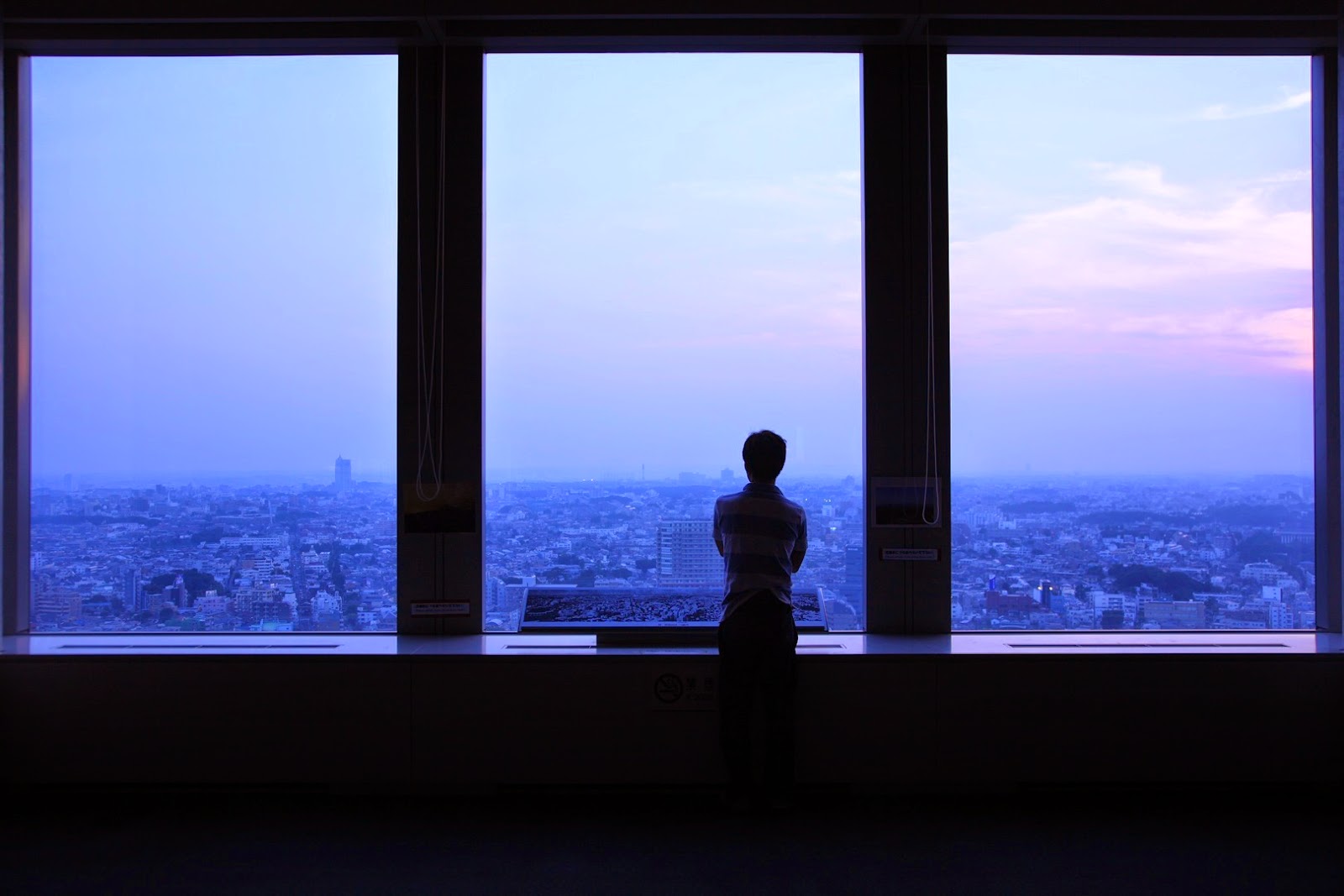I decided that I wanted to be a psychologist at 13 years old. I've had 12 years of higher education to train for the job. And as of tomorrow afternoon, I'll be finished with "training." (Not finished with learning, of course, but finished being supervised in my daily routine.) In exactly one month, I formally start my independent career - the one I spent more than half of my life working toward.
It's so easy to get caught up in the day-to-day hassles of working and lose sight of work. When that happens, I hope to come back here to relive the happiness (and humility) of these few moments. How many people actually get to live their dreams? I'm incredibly grateful to say that I do.






